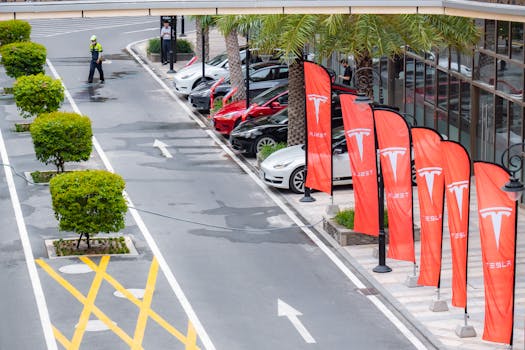
Introduction
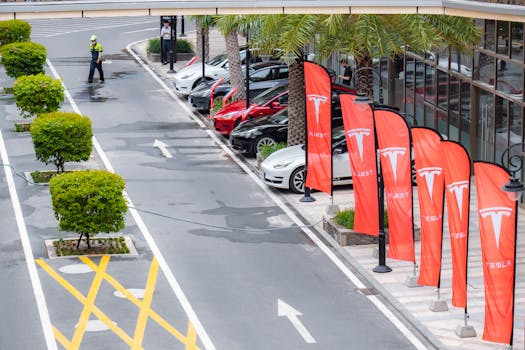
As consumer consciousness regarding environmental issues grows, luxury car brands are embracing a paradigm shift. While once characterized by opulent excess, these brands are now redefining the intersection of luxury and sustainability. This transformation allows them to not only meet the evolving preferences of consumers but also align prestige and environmental responsibility without compromise.
The Drive Towards Sustainability
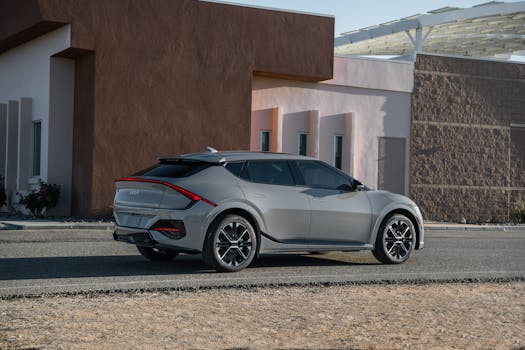
The automotive industry has seen vast changes over the past decade. Luxury brands such as Tesla, Lexus, and Porsche are pioneering these efforts, integrating sustainable practices at every manufacturing phase. From utilizing renewable materials, leveraging ultra-modern designs, and applying policies promoting fair labor, luxury car brands are significantly reducing their carbon footprints.
Moreover, innovations like electrification offer compelling eco-friendly alternatives without sacrificing the performance standards typically associated with luxury automobiles. This shift not only enhances brands’ ethos but attracts clientele seeking vehicles that embody both refined aesthetics and ethical standards.
The Symbolic Representation of Prestige
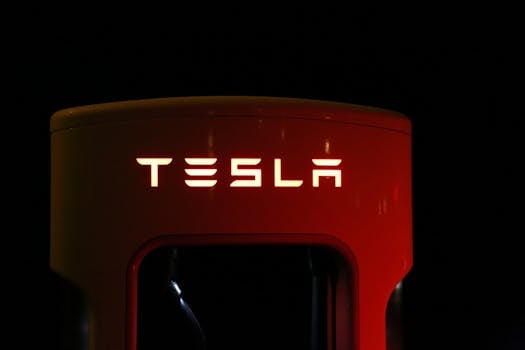
Luxury has long been depicted as a marker of status; thus, embracing sustainability can symbolize a progressive mindset. By investing in green technologies, luxury brands are creating iconic vehicles that appeal to conscientious consumers aiming for both opulence and a minimal ecological footprint. Car companies like Jaguar and Audi have launched fully electric models like the I-PACE and e-tron, offering an exemplary blend of luxury design and cutting-edge eco-technology.
Thunderclap this endeavor, brands are presenting sustainability not as a trend but a statement of prestige, intertwining animal instincts for tradition and modern necessity.
Implementation of Innovative Practices
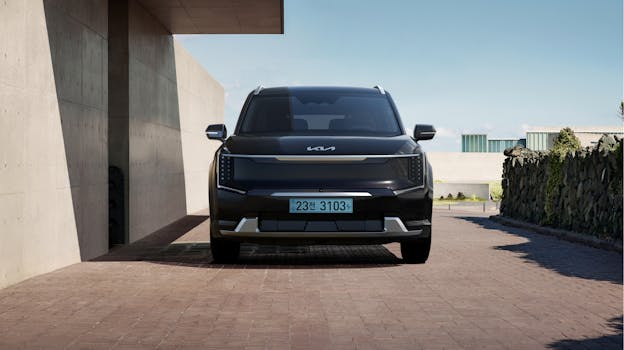
Leading luxury automotive manufacturers are responding by rethinking their supply chains and production processes. Brands are making strides with recyclable and low-impact materials. For example, inventive use of vegan finishes, such as synthetic leathers and alternative textiles, caters to eco-conscious consumers who prioritize animal welfare alongside luxury.
Bespoke customization options allow discerning buyers to directly choose sustainable options—opening the door for consumers to engage in ethics-driven purchasing while cultivating luxurious ownership experiences.
Conclusion: A New Era for Luxury
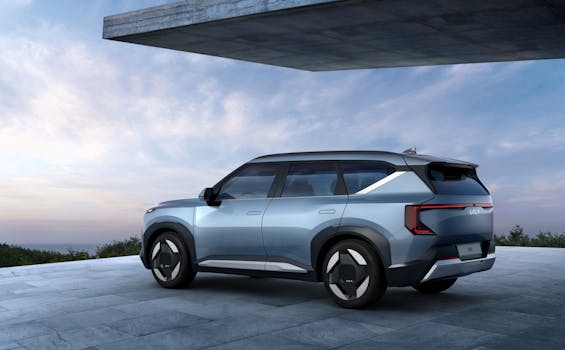
The automotive world is reshaping its equations of prestige through sustainable practices without declining the luxe image inherent in high-end brands. As sustainable considerations take center stage, luxury car designs and production values echo an entirely enhanced brand story that resonates with an environmentally aware clientele. Luxury automotive brands continue evolving alongside societal values, and in turn, redefine not only what it means to possess a prestigious vehicle, but also an approval of responsible citizenship in an affluent world.
Through this reinforced image of luxury through sustainability, these brands adopt an image of elegant harmony—a marriage of allure and eco-awareness that will soar into the future.
- Takeaways:
- Luxury car brands are integrating sustainability and prestige.
- This shift symbolizes a progressive mindset in luxury consumption.
- Innovative practices reflect a commitment to ethical consumerism.



